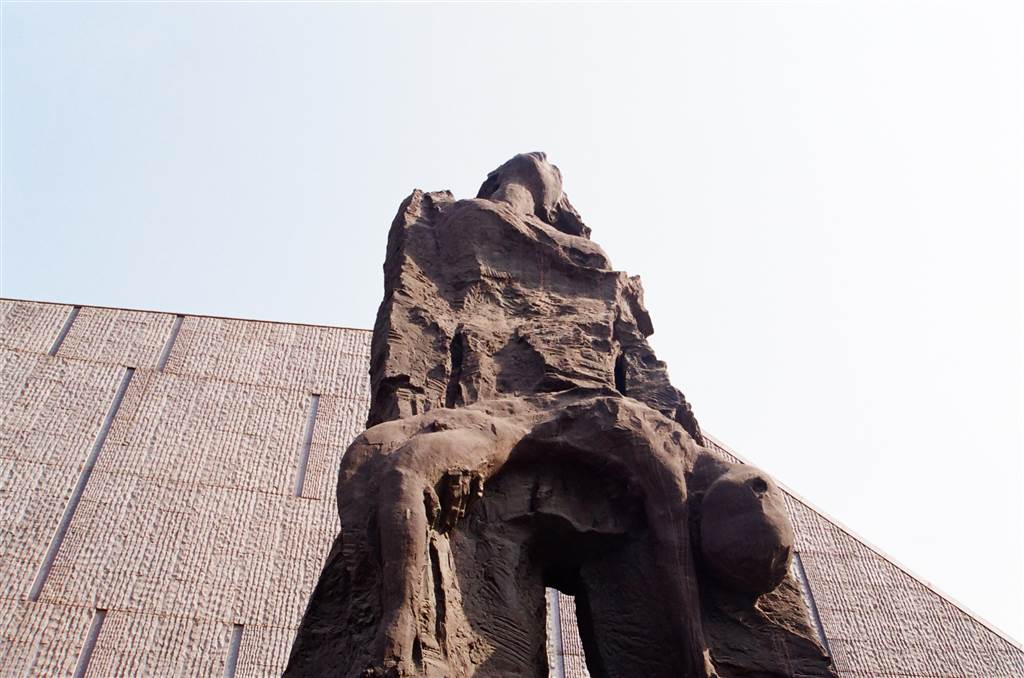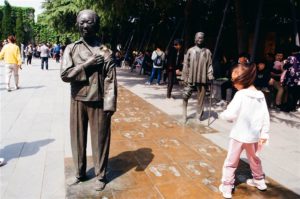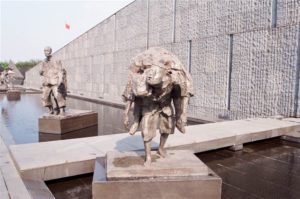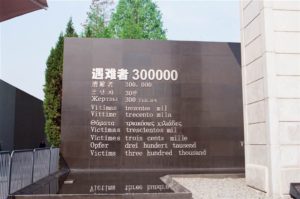Nanjing Requiem

By Ha Jin
It was an emotional experience reading this book. Told from the perspective of Anling, a foreman at Jinling Women’s College in Nanjing, the narrative pries open one of the most painful chapters in modern Chinese history—the Rape of Nanking.
The story begins at the eve of Nanjing’s fall in 1937. At Jinling Women’s College, Anling assisted American missionary Minnie Vautrin in the preparations for a refugee camp. At the time, they meant to give shelter to about seven thousand women and children. By the time the puppet government was established in Nanjing, Jinling Women’s College housed ten thousand homeless women and children.
In heartbreaking lucidity, the book details the atrocities committed against the countless innocent victims during the Japanese occupation of Nanjing. The chanced survival, the brutalities of war crimes, the sense of helplessness and hopelessness being in the thrusts of history, the dilemmas and difficult choices made under duress—all elicited complicated emotions. The descriptions of violence against women are as graphic as tolerable under civilized discourse. At times I was tempted to put down the book, being sickened to the heart.
Although the book is a work of fiction, the author Ha Jin, a recipient of the National Book Award, has based his writing on a vast amount of historical sources. Chief amongst these primary sources were the correspondences and diaries of Minnie Vautrin and John Rabe. Along with the foreigner members of the Safety Zone Committee and the Red Cross, they were critical figures in protecting the Chinese people during the Japanese occupation of Nanjing.
Perhaps what kept me reading was the admirable courage of the foreigners and missionaries who served as protectors of the people. Despite their lifelong devotion to Christianity, the missionaries had their doubts about God. They questioned God’s justice as they witnessed senseless, heinous brutalities. Yet they showed their faith to be the source of spiritual renewal. Together they stood firmly against senseless killings and tortures. They risked their own lives in documenting the war atrocities that they witnessed for months after the fall of Nanjing.
When I visited the Memorial Hall of the Victims in Nanjing Massacre by Japanese Invaders in Nanjing, the exhibits on the foreigners in Nanjing running the Safety Zone Committee touched me the most. This book stands as a living tribute to the personal sacrifices that these foreigners have made for China and all humanity.



